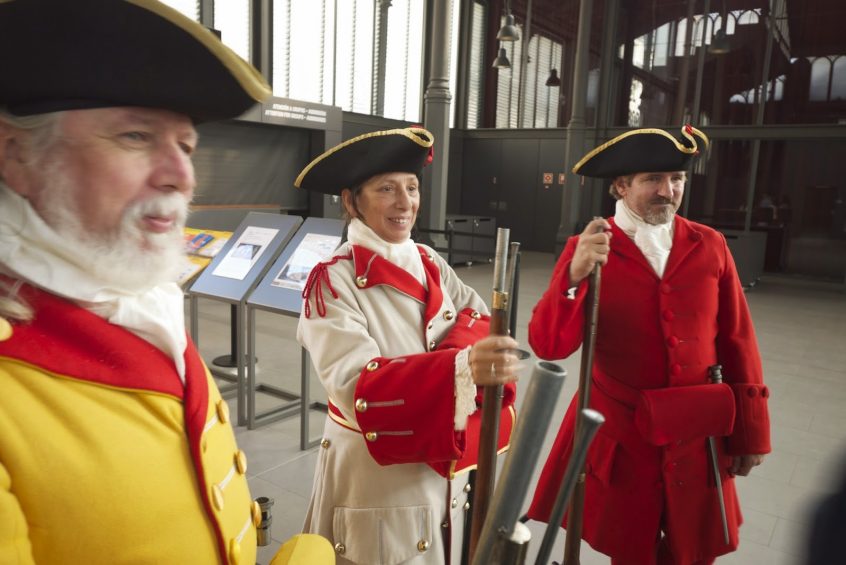Waterloo is a much written about battle. My great, great grandfather’s regiment, The Scot’s Greys, fought at Waterloo. Author Tom Williams has written a guest blog about how he is researching the battle for his new novel in his historical adventure series His Majesty’s Confidential Agent.
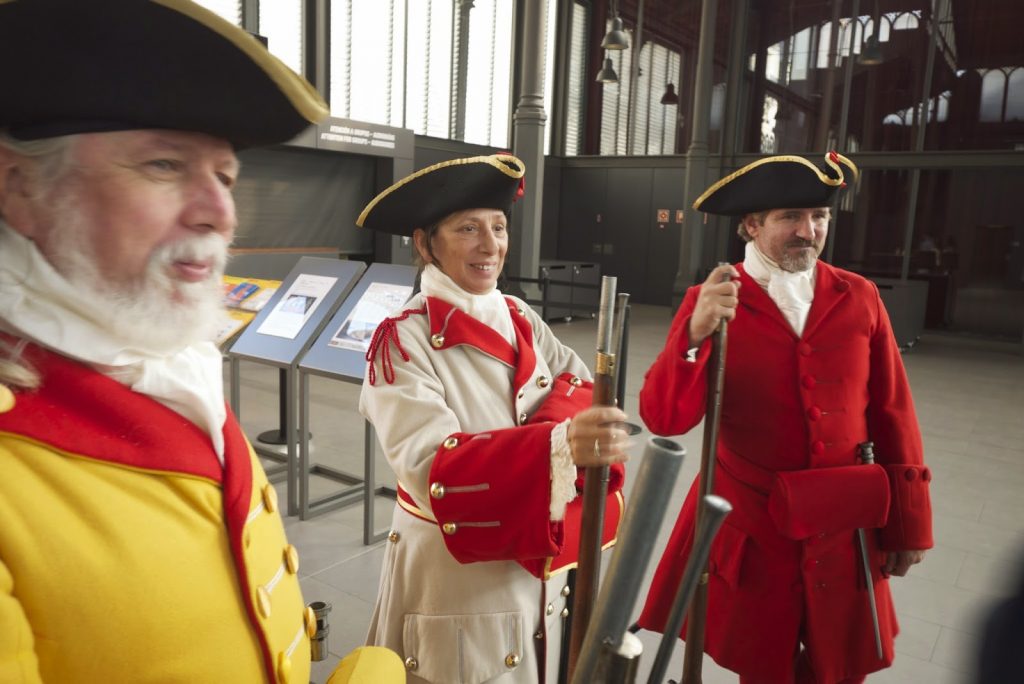
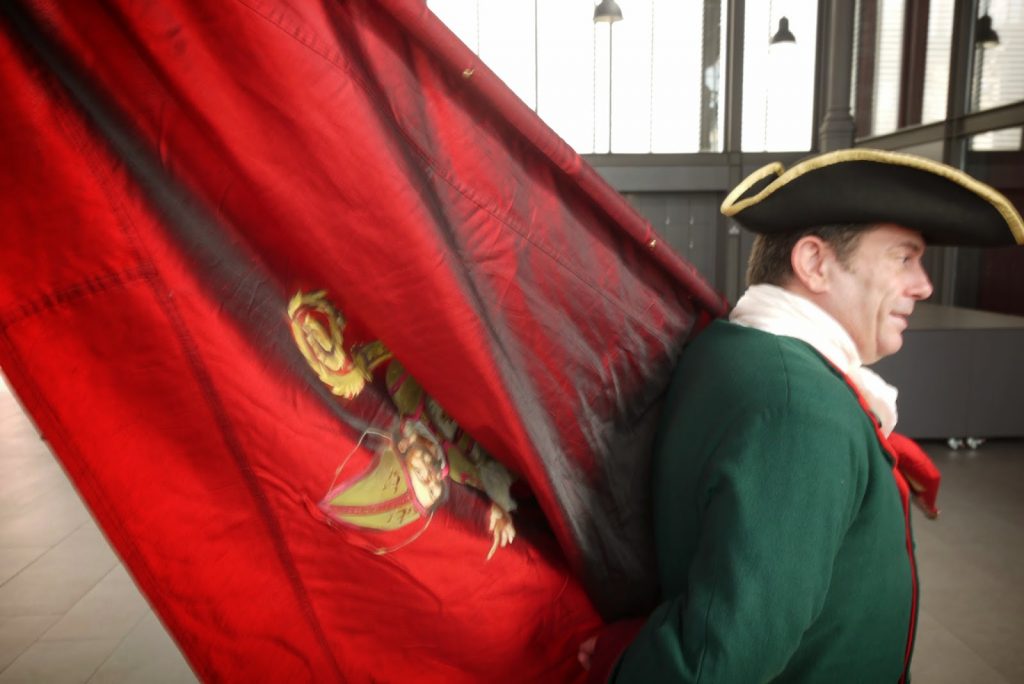
Tom’s novels are set against the meticulously researched background of the Napoleonic Wars. Burke, his hero, will become involved with a Belgian (Flanders) regiment during the Battle of Waterloo.
Was Waterloo Entirely a British Victory?
by Tom Williams
After his adventures in Argentina (Burke in the Land of Silver) and Egypt (Burke and the Bedouin), the next book in the Burke series will see Burke at Waterloo.
It’s inevitable, really. There’s more or less a legal requirement for anyone writing a Napoleonic series to get to Waterloo sooner or later. I decided to bite the bullet and do it now.
Waterloo is a tricky thing to write about. It is, for most British military history enthusiasts, the battle of the 19th century. Hundreds of books are written about it. (Bernard Cornwell’s effort, Waterloo: The History of Four Days, Three Armies and Three Battles was published in September.) The Internet is full of websites, including some very erudite ones, discussing various aspects of it. War-Gamers refight Waterloo all the time. Anything you say is likely to be read by quite a lot of people who know enough about what happened to pick up any mistakes.
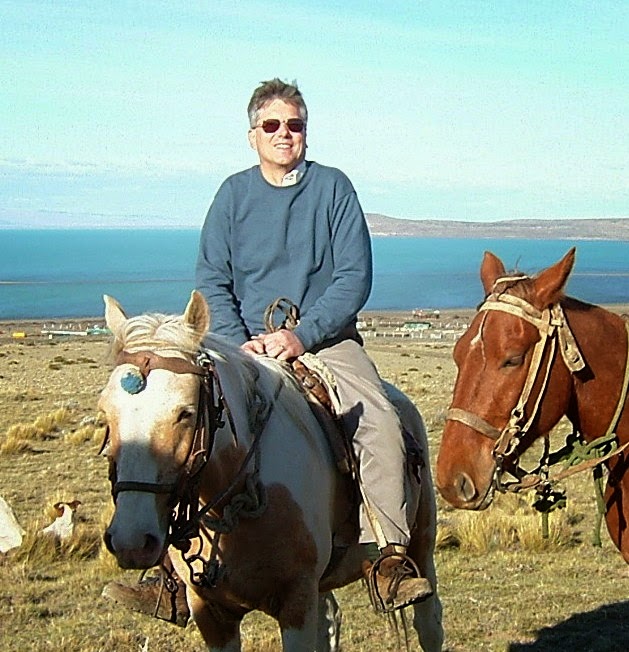
This should make research easy. Unfortunately, although much has been written about the battle, it was not particularly well documented as it happened. Wellington’s dispatch to the Secretary of State for War, formally describing the battle, runs to just over 2,300 words. This created considerable controversy at the time for its failure to mention many of the acts of valour performed on the field. Wellington started writing it on the evening of the battle and he had, by any standards, had rather a hard day. Even if he had delayed and written a longer account after he had had time to consult with his generals, it would still have had errors and omissions.
Although Waterloo was fought on a very small field (barely three square miles) it was a large and complex battle. Napoleon had around 72,000 troops and Wellington commanded just under 68,000. (Even these figures are much disputed: I’ve used Elizabeth Longford’s.) http://tinyurl.com/nesqwla
Wellington’s force included troops of the Netherlands Army (Dutch and Belgian) and 5,000 men of the Brunswick contingent. Although all accepted him as the supreme commander on the field, they had different command structures, different languages and different uniforms. On at least one occasion, confusion as to the uniforms led to British troops opening fire on their allies with significant loss of life. Confusion was not only possible, but practically guaranteed.
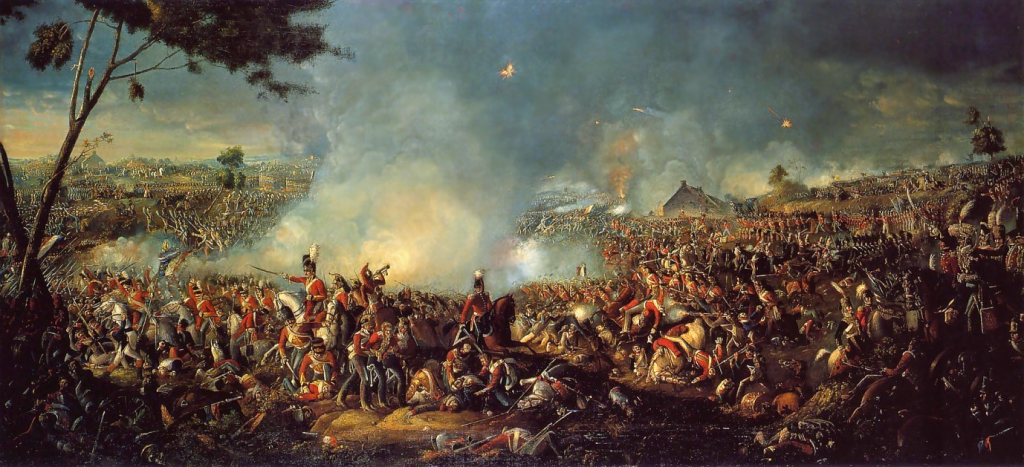
We talk nowadays about “the fog of War” but it is difficult to imagine the chaos of a 19th-century battlefield. There was no radio or other means of long-range communication. Wellington’s orders were carried to his commanders by riders who would cross the field of battle to take them to the people who would carry them out. It was dangerous work and many of his staff officers did not survive – and thus the orders did not necessarily get through.
Wellington positioned himself on the ridge overlooking the battlefield because he had to rely for information about where his troops were on what he could personally observe. Unfortunately, once the firing started the smoke from the muskets and cannon fire obscured much of the battlefield, so generals often had no idea where their forces were. The reason that military flags (the colours that are trooped at Trooping the Colour) are so significant is because that gave everybody at least a chance of seeing them through the smoke.
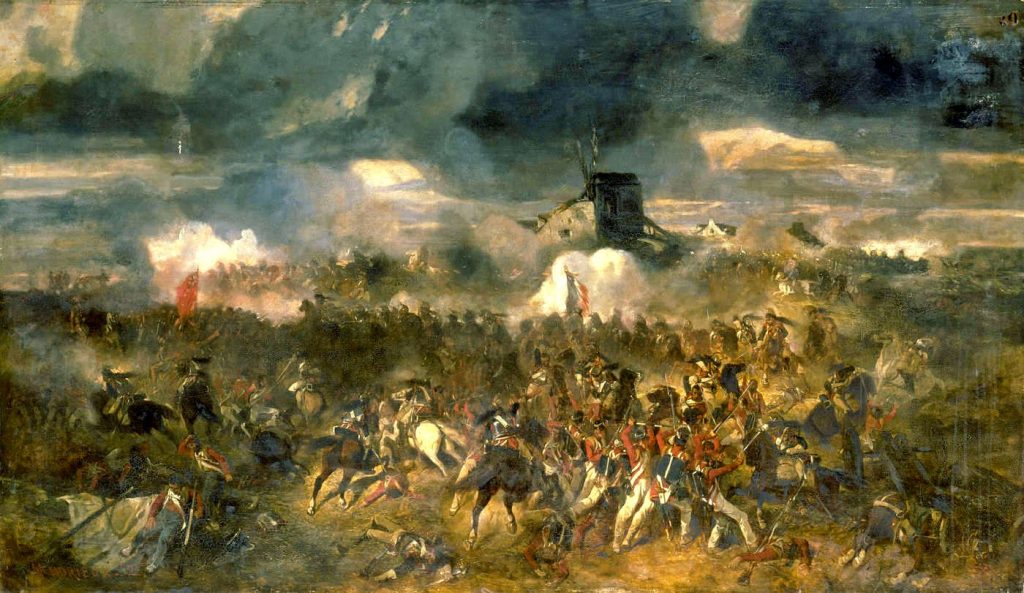
With the chaos and confusion that threatened the field, it is hardly surprising that both Wellington and Napoleon made really serious mistakes. Both were brilliant generals, but both seem to have been performing badly that day. The battle was not a series of brilliant tactical manoeuvres, rather it ended up simply being a slogging match, in which the Allied forces stood their ground, taking horrific punishment from the French all day, until finally the French – having taken heavy losses themselves and now threatened by the arrival of the Prussians – broke and fled the field. At the end of the day almost fifty thousand men had died.
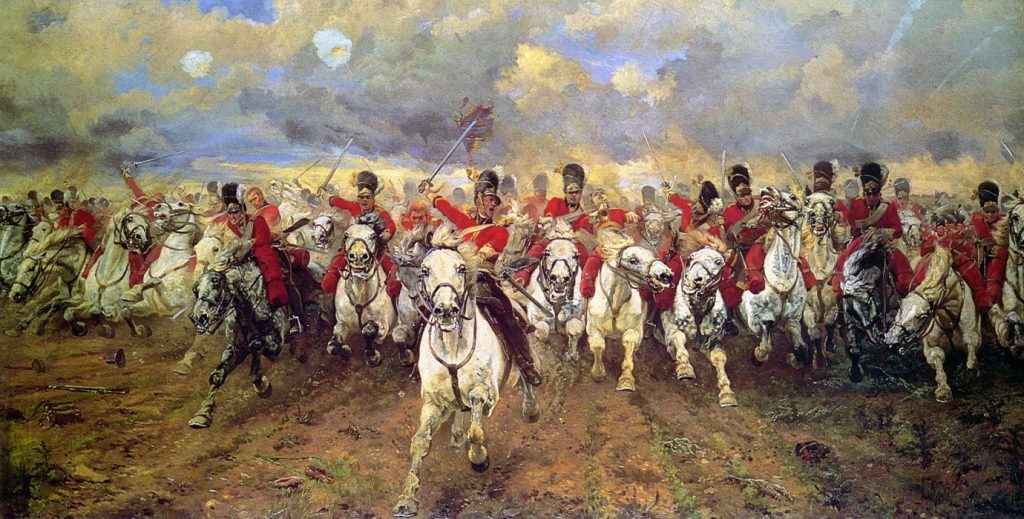
The loss of life is even more appalling when you consider what this battle achieved. It is often described as having shaped the history of Europe. This is nonsense. The whole continent was united against Napoleon and the armies of Austria and Russia were ready to move on Paris. Napoleon faced opposition even within France – many of his troops had to be left behind to protect against monarchist opponents at home. Victory at Waterloo might have bought Napoleon time, which he could have used to consolidate his domestic position and negotiate improved surrender terms with the Allies. It might well have changed the history of France: it can hardly be claimed that it would have changed the history of Europe.
What Waterloo did do was define the character of Britain for the next hundred years. Wellington’s famous calmness and “stiff upper lip” (typified by his insisting that the Duchess of Richmond go ahead with her ball, even as the French crossed the Belgian border) may have been nothing more than a propaganda ploy to reassure nervous civilians, yet it came to define how an English gentleman should behave. The steadfastness of the British troops, who held their positions all day under heavy fire, also came to typify the martial virtues of the British Army. It is significant that the British attribute heroism to stoicism under fire, such as that shown by British troops in the trenches during the First World War or Dunkirk in the Second, rather than enthusing about the kind of strategic genius that can lead to victory without heroic losses.
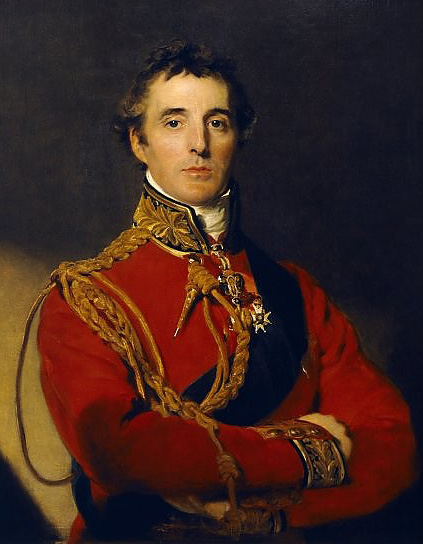
Waterloo was also seen as confirming Britain’s pre-eminent military position in Europe. Although the battle had been an Allied effort – less than half of Wellington’s troops were British and he admitted that it could not have been won without the Prussians – it was presented as a British victory. Wellington (although Irish – a fact that he did not care to advertise) was the Commander-in-Chief of the Allied forces. Britain was the only country to have fought against Napoleon consistently throughout his rule and now a British commander had put an end to Boney once and for all. Waterloo has therefore attained a mythic status in British history and inconvenient details that do not fit with this narrative are forgotten or ignored.
Unfortunately, in my plot the British spy, James Burke, is fighting in a Belgian cavalry regiment (the 8th Hussars). As everyone knows since it was a British victory, the role of regiments like the 8th Hussars has been quietly forgotten. In fact, many historians claim that the Dutch and Belgian troops were cowards and made little, if any, contribution to Wellington’s success. Far from this being the case, many units of the Netherlands Army behaved with conspicuous bravery. This was particularly true of the First Netherlands Light Cavalry Brigade of which the 8th Hussars were a part. They covered the retreat of the Scots Greys, saving the remnant of that regiment after their famous charge. The brigade was described as fighting with “insane gallantry”.
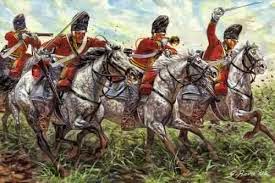
In the end, I am sure that much of what I write about Waterloo could be debatable. None the less, I shall pursue research, trying to get it right, knowing, too, that so many others have got it wrong before me – not least all those who reduce the Belgian contribution to what, in this country, we insist on believing a British victory. Two hundred years after Waterloo, perhaps Burke can help to put the record straight.
Tom William’s novels are truly fabulous, really fast paced historical adventures. They can be found on Amazon or ordered from bookshops.
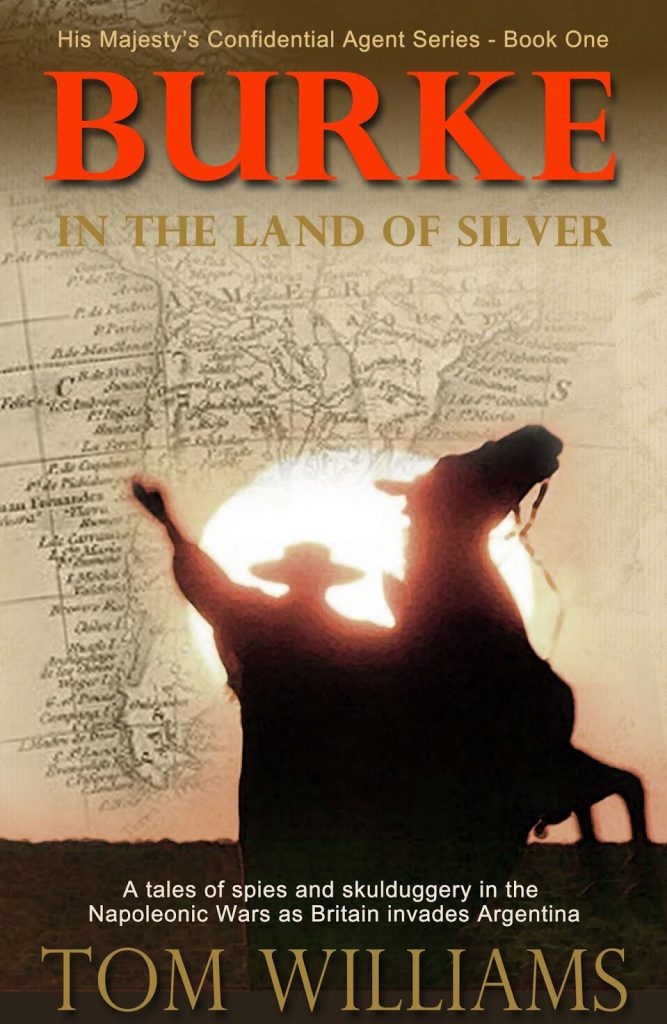
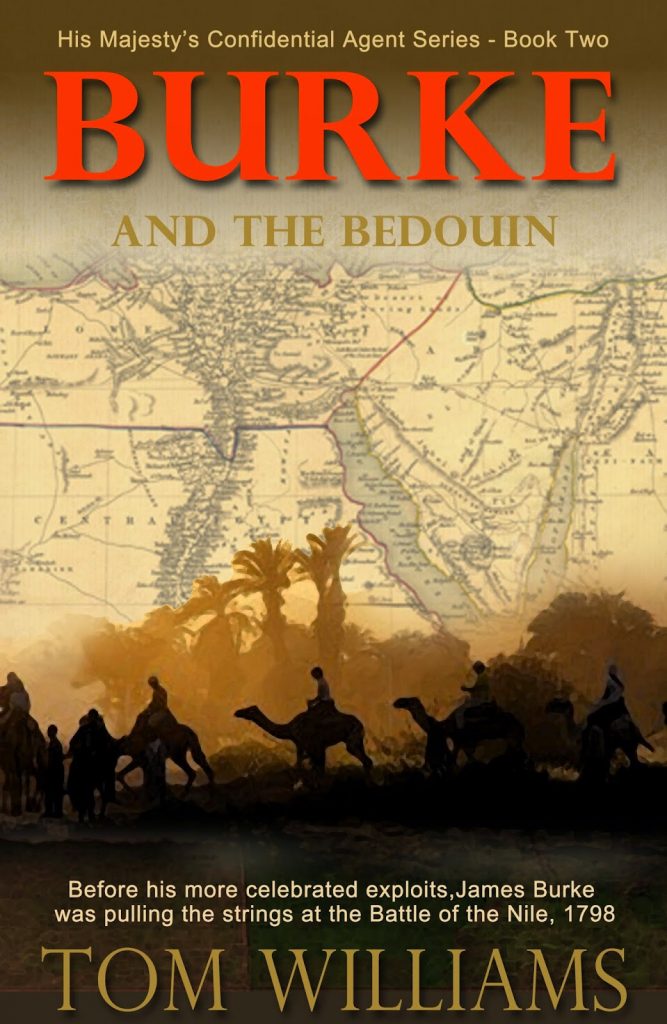
UK paperback:http://tinyurl.com/pndrykd
UK kindle: http://tinyurl.com/o6ssspf
US paperback/kindle: http://tinyurl.com/p3vf3gt
To find out more about events relating to these
historical adventures look for Tom Williams:
http://thewhiterajah.blogspot.co.uk/

